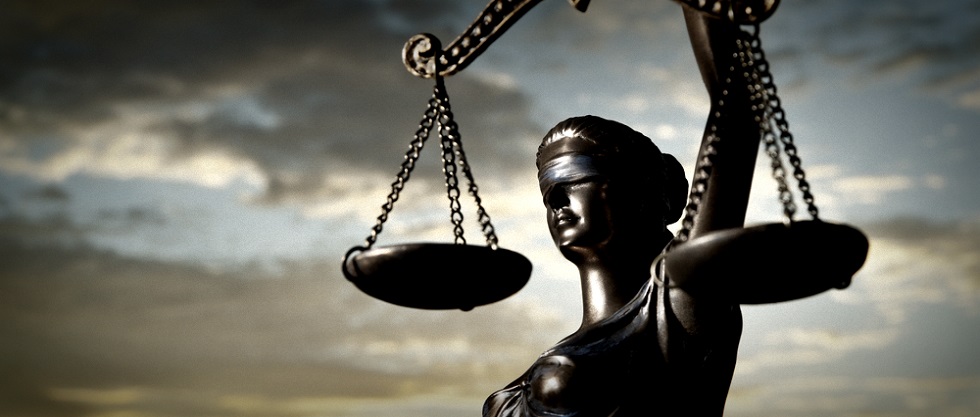On May 1, 2020, the young Cuban Dairon Duque de Estrada Aguilera was arrested for shouting, on the street in front of his home: "Down with Fidel, down with Raúl, down with the CDR and down with the Police." After being incarcerated for 13 days without charges being brought, the Prosecutor's Office prepared a case against him for the crime of contempt.
Events like this happen all too often in Cuba, but Dairon's case was extremely special. After the trial, held at the Municipal People's Court of Santiago de Cuba, judges Javier Mustelier Armiñán, Consuelo Tamayo Mexi and Osvaldo Álvarez Pérez decided to acquit him in Verdict No. 53 of February 8, 2021.
The acquittal constituted an unprecedented development given the arbitrary legal procedures of the Cuban judicial system, particularly with regards to political matters, but what was expressed in the ruling was even more surprising. According to the judicial argument issued by the judges to declare him innocent and included in the ruling, to which DIARIO DE CUBA had access, they stated: "The expressions of discontent that the accused shouted (...) did not constitute acts against authority, a public official or his agents, or assistants in the exercise of their functions … but rather form part of his convictions and political ideology."
What does the regime mean by 'contempt'?
The crime of contempt, specifically in the form presented in the previous case, is set down in Article 144, Sections 1 and 2 of the Cuban Penal Code (CP). In summary, the law considers contempt any oral or written expression by a citizen of an authority, public official, or their agents or assistants. Of course, the PC is interpreted liberally by authorities who deem any expression "against" the regime an offense or a direct insult.
The law also specifies that if the expression is directed at the president of the Council of State, the president of the National Assembly of Popular Power (ANPP), members of the Council of State, the Council of Ministers, or the deputies of the ANPP, the sanction may be more severe: up to three years of incarceration.
In its eagerness to cover up a totalitarian system with a veneer of the rule of law, the Cuban regime has flooded the set of laws that govern the country with ones that punish the slightest dissent. The logic is simple: the Government creates laws that shield it against any threat, including a simple phrase such as "Patria y Vida" (Homeland and Life). Contempt, as a crime, violates even the simplest forms of the freedom of expression, such as criticism. The sweeping purview of said law, as with others found in the PC, is only possible thanks to a deliberate ambiguity in its wording.
This is why the United Nations Working Group on Arbitrary Detention, in its Opinions 63/2019 and 4/2020 referring to Cuba, describes it as an "extremely vague" crime, because it "lacks the … precision sufficient to provide the population with legal certainty." In other words, the concept of contempt is so ambiguous that no one can be sure when they are committing it Then the authorities step in and grant themselves license to interpret the law however it behooves them.
What does the ruling regarding Dairon Duque de Estrada represent?
In practical terms, nothing; in symbolic terms, a lot.
In Cuba, precedent is not considered a source of law. Therefore, the sentence handed down by the Municipal People's Court of Santiago de Cuba will not serve for judges to act in the same way in similar cases. Nevertheless, the decision issued in Dairon Duque de Estrada’s case does mark a shift in the interpretation of the law that can be invoked by lawyers in subsequent cases.
Moreover, the fact that several judges agreed to reject the crime of contempt as it has been wielded by the regime ruptures the judicial coherence with which dissent is criminalized in Cuba. This, on a symbolic level, represents a great victory for those fighting for the right to freedom of expression on the island.
